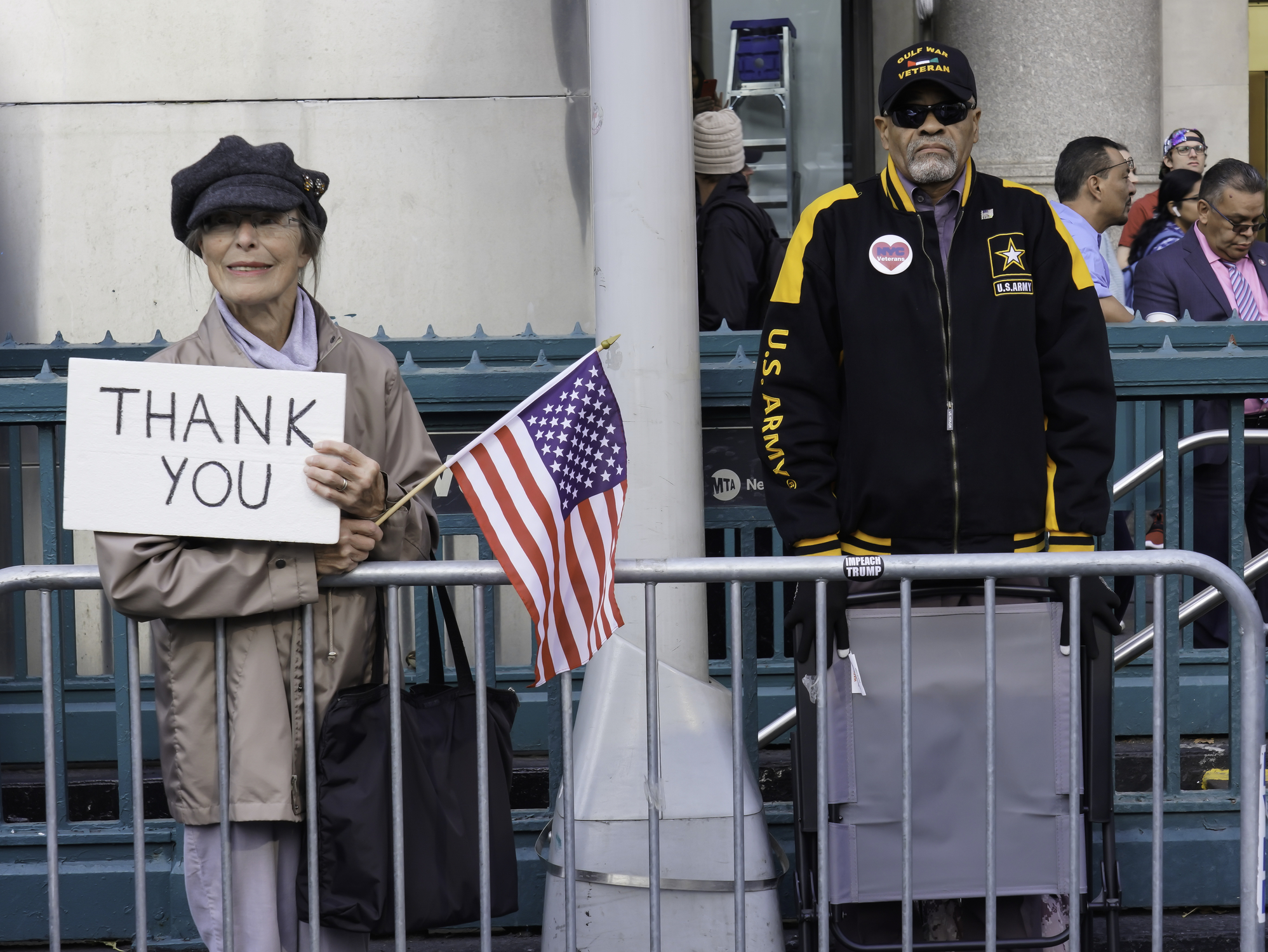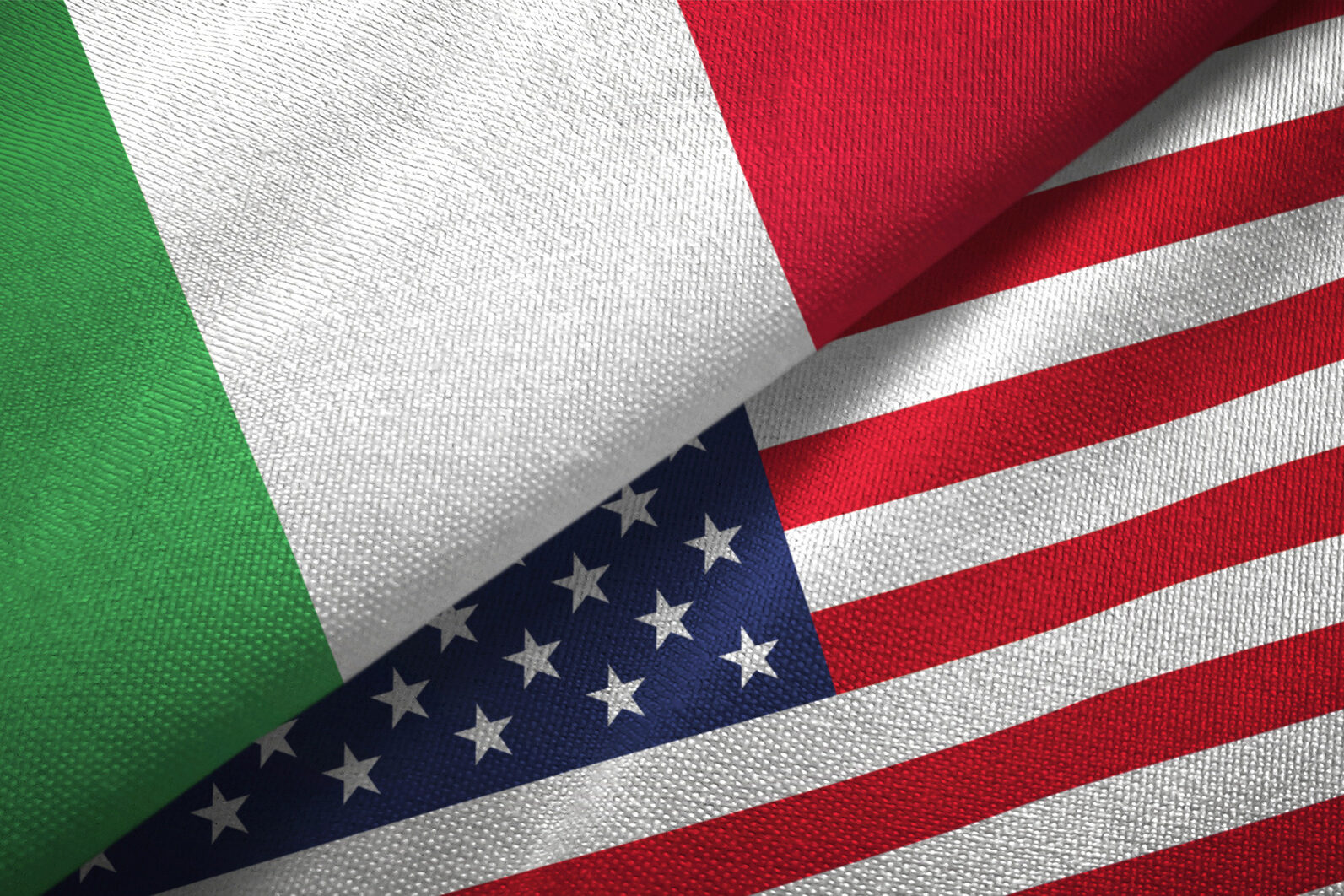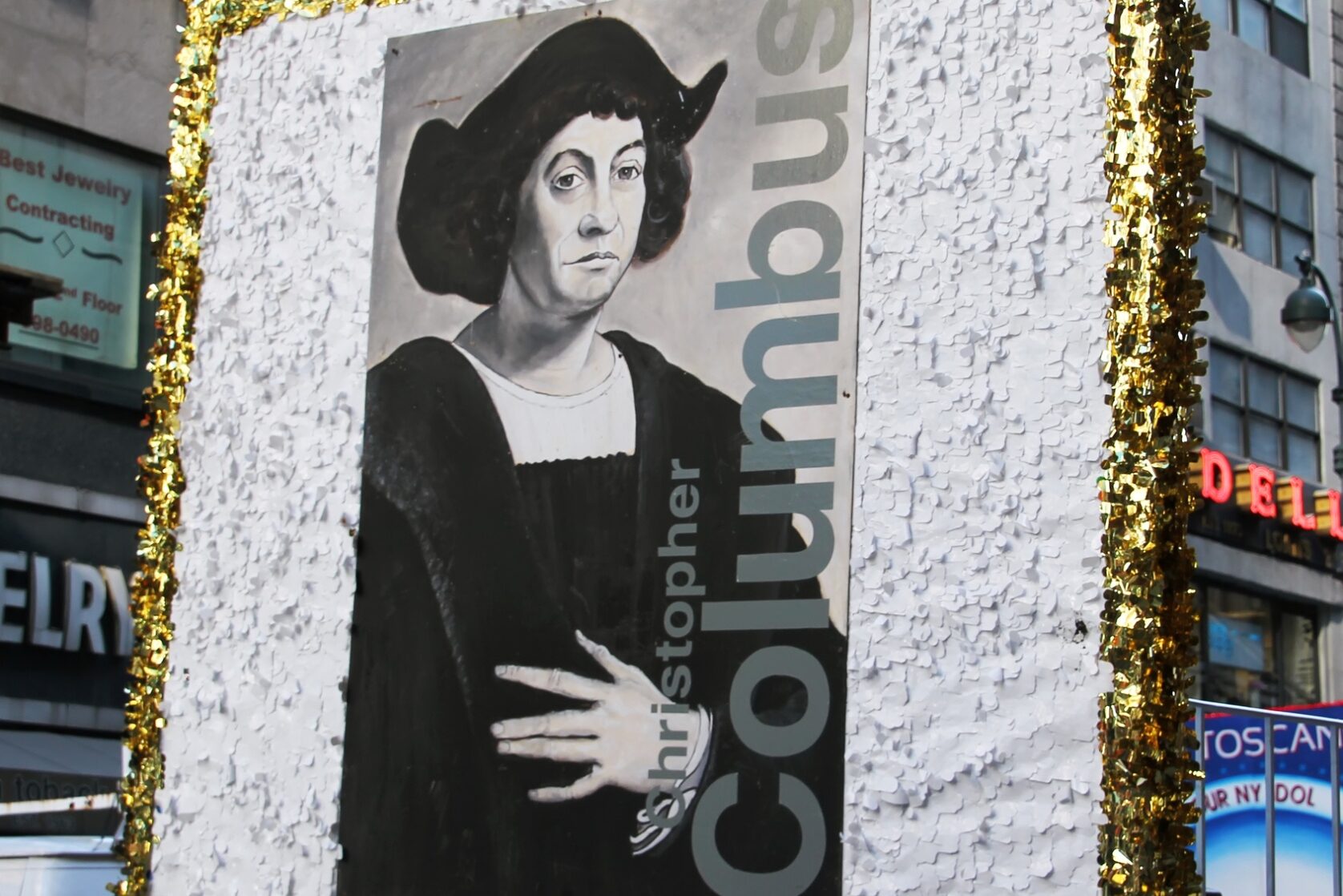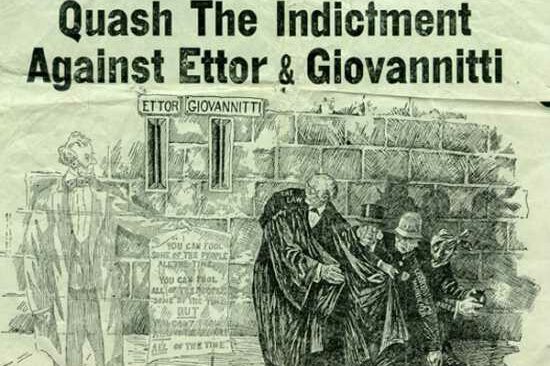Dear Readers,
on Veteran Day I am reminded that on November 11, 1918, the Armistice agreement was signed and fighting on all battlegrounds ceased at 11 a.m. as the guns of World War I fell silent after 4 long years. The “war to end all wars” was finally over and a year later, in 1919, President Woodrow Wilson proclaimed November 11 as Armistice Day to remind Americans of the tragedies of war.
In 1938, the day by law became a Federal holiday and in 1954, Congress changed the name to “Veterans Day” to honor all United States Veterans, because WWI, “the war to end all wars” didn’t and World War II and others followed.
***
World War II Veterans, still fondly remember artist/cartoonist Bill Mauldin (1922-2003) who enlisted in the Army, was assigned to the 180th Infantry as a rifleman and later became the voice of the World War II infantryman though his drawings of weary, dog-face GI’s Willie and Joe.
Bill Mauldin, serving in Italy and other battle-scared parts of Europe, gave readers back home a foxhole-level view of the war front, from 1940 to 1945, via his cartoons featuring GI’s Willie and Joe, two slump shouldered soldiers who slogged through training camp and European battle fronts sarcastically mocking everything, from their orders to their equipment and even their allies.
The cartoons, published in “Stars and Stripes”, delighted his fellow soldiers and endeared Mauldin to Americans at home.
However, his nonconformist approach, brought him a face-to-face upbraiding from Gen. George Patton. But Mauldin continued to draw what he wanted and in 1945 his series “Up Front with Mauldin” featuring Willie and Joe won him a Pulitzer Prize for editorial cartooning.
In his book “Up Front,” Bill Mauldin wrote: “Those of us who have spent a long time in Sicily and Italy are more amazed every day that such a run-down country could have had the audacity to declare war on everyone, even with the backing of the krauts.
The dog-faces over here have pretty mixed feelings as far as Italy is concerned. You can’t work up a good hate against soldiers who are surrendering to you so fast you have to take them by appointment. The average dogface feels dreadfully sorry for these poor trampled wretches, and beats his brains out doing something good for them.”
***
“Most people in Italy and Sicily gave us a rousing welcome in all their towns and cities, but nowhere was there such excitement as in Rome.
We got awful cynical about it, because the enthusiasm seemed to stop, and the complaints seemed to start, twenty-four hours after everybody was kissing everybody else. When were we going to bring shoes and food and clothes and phonograph records? Who was going to pay for Uncle Antonio’s bombed vino shop, and why did we have to shell Aunt Amelia’s ristorante?
“When the mountain fighting in Italy first started to get tough, and it was impossible for trucks or jeeps to bring food and water, companies were mustered and calls for experienced mule skinners went out through the divisions. Mules were sought out and bought from farmers. They carried supplies to many soldiers who hadn’t seen a jeep for week.”
“The American army gets the best equipment. The dogface knows that when he sees other armies. But we missed the boat on one thing. Every other army gets a liquor ration. The British soldier gets a spot of whiskey regularly, the size of the spot depending upon his rank. He gets a little beer also. And the Frenchman gets his wine. It’s not much, but his palate is soothed with honest liquor.
We have a pretty strong hunch. It’s only because folks would scream their heads off at any hint of the clean-cut lads overseas besotting themselves.
So stuff is bought at very high prices from street vendors over here, stuff the Americans are forced to drink because they can get nothing else.
Some intelligent brass hat repaired a big brewery in Naples and started to send beer to Anzio, the boys at the beach-head were fixing up their own distilleries with barrels of dug-up vino, gasoline cans, and copper tubing from wrecked airplanes.
The result was a fiery stuff which the Italians call grappa.
The Germans seemed to go out of their way to sabotage wineries. What they couldn’t eat, drink or carry away, they messed up so nobody else could use it.
But they missed one opportunity, Corps headquarters in Anzio was set up in a twisting maze of catacombs far below the earth’s surface. The tunnels had been used for wine storage for centuries, and once you got down there it was hard to leave. It wasn’t only a good place to stay away from shells. Many of the little niches had big vino barrels.
Note: Sergeant Mauldin notified the publishers that shortly after he had written this section of the book, the War Department granted officers (but not enlisted men) a liquor ration.”
***
Shortly after Rome fell, all of the city’s better hotels were grabbed by brass hats and the Air Forces. Did the infantry have a hotel? Hell, no. The sightseeing doggie was out of luck if he wanted a place to sleep after he had ogled some of Rome’s sights. This was a heck of a note for the doggie who had sweated out Anzio and Cassino and who had pushed north to take Rome after nine awful months in Italy.
It was always a little infuriating for the dogfaces to take a town away from the Germans by dint of considerable effort, to be treated royally by the liberated inhabitants and given the golden key to the city, and, after moving on farther, to come back to that town and find everything changed. All the choice spots are occupied by brass hats and the CIC and AMG and ACC. All the liquor had been drunk and the pretty babe who kissed the dogface tearfully as he liberated her is already going steady with a war correspondent.
***
“Grazie” to Bill Mauldin, who via his editorial cartoons, left us with a potent reminder of the sacrifices made by the men and women who fight our wars, whether that fighting takes place in Italy, France, Korea, Vietnam, the Persian Gulf or Iraq.
God bless America and all the men and women who will be making those sacrifices again…
“No one won the last War, and no one will win the next.”
Eleanor Roosevelt































